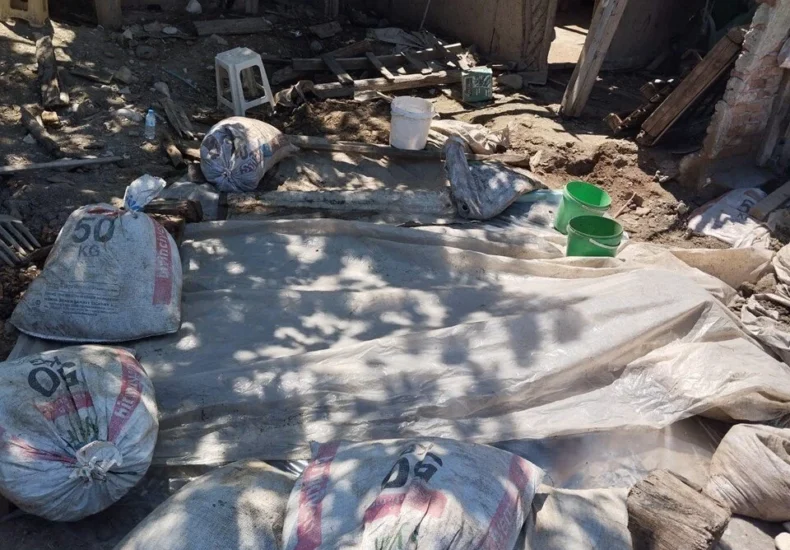
Illegal Excavation Uncovers 2,000-Year-Old Roman Mosaic in Zile
In Zile, a district in Türkiye, four individuals conducting an illegal excavation uncovered a 2,000-year-old Roman mosaic. The operation carried out by gendarmerie forces led to the recovery of the historical artifact and the arrest of those involved in the excavation.
Illegal Excavation Reveals a Hidden Roman Treasure
The Gendarmerie Command in Zile discovered that illegal excavation activities were taking place on a shared plot of land in a rural area. During the operation, suspects F.Ş. (47), M.Ş. (45), and Ş.Ş. (49) were caught in the act of illegal digging. Upon further investigation, authorities uncovered a Roman mosaic, estimated to be 3 meters by 3 meters in size.
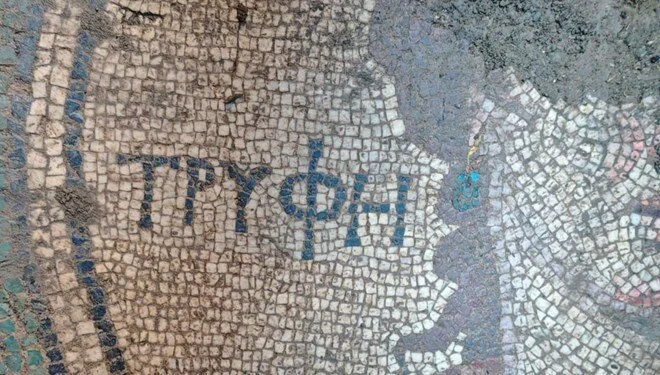
Excavation Suspects Arrested and Sent to Court
📣 Our WhatsApp channel is now LIVE! Stay up-to-date with the latest news and updates, just click here to follow us on WhatsApp and never miss a thing!!
The authorities revealed that the suspects had attempted to conceal the excavation site by covering it with sacks. Following the operation, the suspects were charged under Türkiye’s Cultural and Natural Heritage Protection Law (No. 2863) and sent to court.
While M.Ş. and Ş.Ş. were placed under judicial control, F.Ş. and his son A.Ş. were arrested and sent to Zile M-Type Closed Prison.
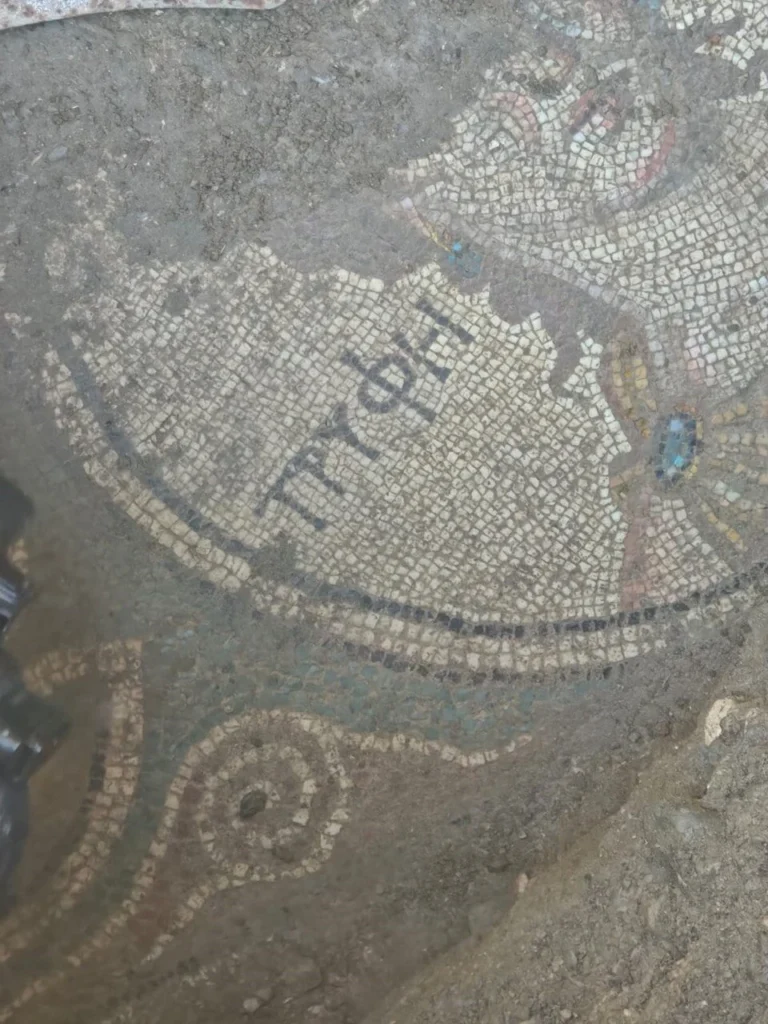
Historical Artifact to be Examined by Experts
The recovered Roman mosaic is set to undergo detailed examination by experts. Additionally, it has been reported that the individuals involved in the illegal excavation had been attempting to sell the mosaic to a contact in Italy. This highlights the ongoing issue of illegal artifact trade and trafficking.
Efforts to Combat Illegal Excavations and Artifact Trafficking Intensify
This incident serves as a stark reminder of the importance of combatting illegal excavations and the trafficking of cultural heritage. Authorities have announced that inspections and monitoring efforts will be increased to prevent such illegal activities in the future.
Cover Image Credit: IHA
You may also like
- A 1700-year-old statue of Pan unearthed during the excavations at Polyeuktos in İstanbul
- The granary was found in the ancient city of Sebaste, founded by the first Roman emperor Augustus
- Donalar Kale Kapı Rock Tomb or Donalar Rock Tomb
- Theater emerges as works continue in ancient city of Perinthos
- Urartian King Argishti’s bronze shield revealed the name of an unknown country
- The religious center of Lycia, the ancient city of Letoon
- Who were the Luwians?
- A new study brings a fresh perspective on the Anatolian origin of the Indo-European languages
- Perhaps the oldest thermal treatment center in the world, which has been in continuous use for 2000 years -Basilica Therma Roman Bath or King’s Daughter-
- The largest synagogue of the ancient world, located in the ancient city of Sardis, is being restored

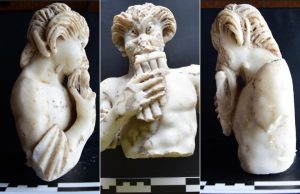
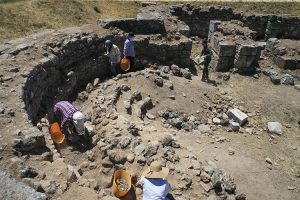
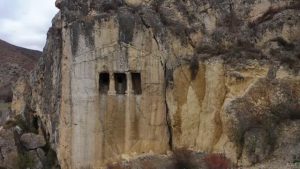
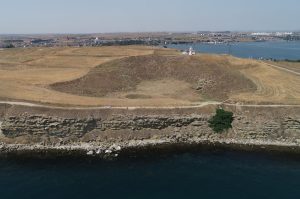
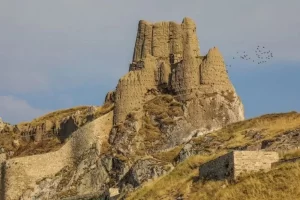
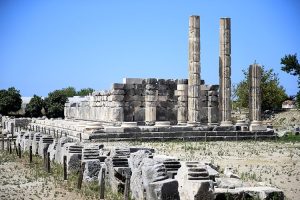


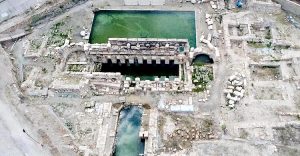
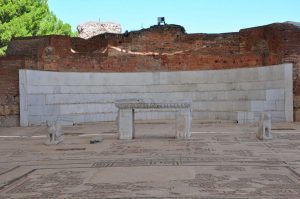
Leave a Reply